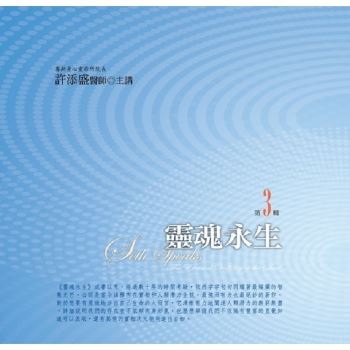Spanning the period between Wittgenstein’s return to Cambridge in 1929 and the first version of Philosophical Investigations in 1936, Piotr Dehnel explores the middle stage in Ludwig Wittgenstein’s philosophical development and identifies the major issues which engrossed him, including phenomenology, philosophy of mathematics and philosophy of language. Contrary to the dominant perspective, Dehnel argues that this period was intrinsically different from the early and late stages and should not be viewed as a mere transitional phase.
The distinctiveness of Wittgenstein’s middle work can be seen in his philosophical thinking as it unfolds in a non-linear trajectory: thoughts do not follow upon each other, ideas do not appear sequentially one by one, and insights do not form a straight chain. Dehnel portrays the diffused and multifarious quality of Wittgenstein’s middle thinking, enabling readers to form a more comprehensive view of his entire philosophy and acquire a better grasp of his conceptual trajectory, complete with the intricacies and challenges that it poses.| FindBook |
有 1 項符合
The Radial Method of the Middle Wittgenstein: In the Net of Language的圖書 |
 |
The Radial Method of the Middle Wittgenstein: In the Net of Language 作者:Dehnel 出版社:Bloomsbury Academic 出版日期:2024-06-27 語言:英文 規格:平裝 / 232頁 / 23.39 x 15.6 x 2.54 cm / 普通級/ 初版 |
| 圖書館借閱 |
| 國家圖書館 | 全國圖書書目資訊網 | 國立公共資訊圖書館 | 電子書服務平台 | MetaCat 跨館整合查詢 |
| 臺北市立圖書館 | 新北市立圖書館 | 基隆市公共圖書館 | 桃園市立圖書館 | 新竹縣公共圖書館 |
| 苗栗縣立圖書館 | 臺中市立圖書館 | 彰化縣公共圖書館 | 南投縣文化局 | 雲林縣公共圖書館 |
| 嘉義縣圖書館 | 臺南市立圖書館 | 高雄市立圖書館 | 屏東縣公共圖書館 | 宜蘭縣公共圖書館 |
| 花蓮縣文化局 | 臺東縣文化處 |
|
|
圖書介紹 - 資料來源:博客來 評分:
圖書名稱:The Radial Method of the Middle Wittgenstein: In the Net of Language
Adorno’s Gamble: Harnessing German Ideology
Adorno’s Gamble: Harnessing German Ideology
The Dialectics of Absolute Nothingness: The Legacies of German Philosophy in the Kyoto School
The Collapse of Freedom of Expression: Reconstructing the Ancient Roots of Modern Liberty
Aristotle’s Discovery of the Human: Piety and Politics in the Nicomachean Ethics
Heidegger: An Introduction
Black Divinity Institutes of the Black Theocracy Shahidi Collection Vol 1 [Remastered]
Bacteria to AI: Human Futures with Our Nonhuman Symbionts
Pink: The History of a Color
The Purpose of the Papacy
Adorno’s Gamble: Harnessing German Ideology
The Dialectics of Absolute Nothingness: The Legacies of German Philosophy in the Kyoto School
The Collapse of Freedom of Expression: Reconstructing the Ancient Roots of Modern Liberty
Aristotle’s Discovery of the Human: Piety and Politics in the Nicomachean Ethics
Heidegger: An Introduction
Black Divinity Institutes of the Black Theocracy Shahidi Collection Vol 1 [Remastered]
Bacteria to AI: Human Futures with Our Nonhuman Symbionts
Pink: The History of a Color
The Purpose of the Papacy
|










